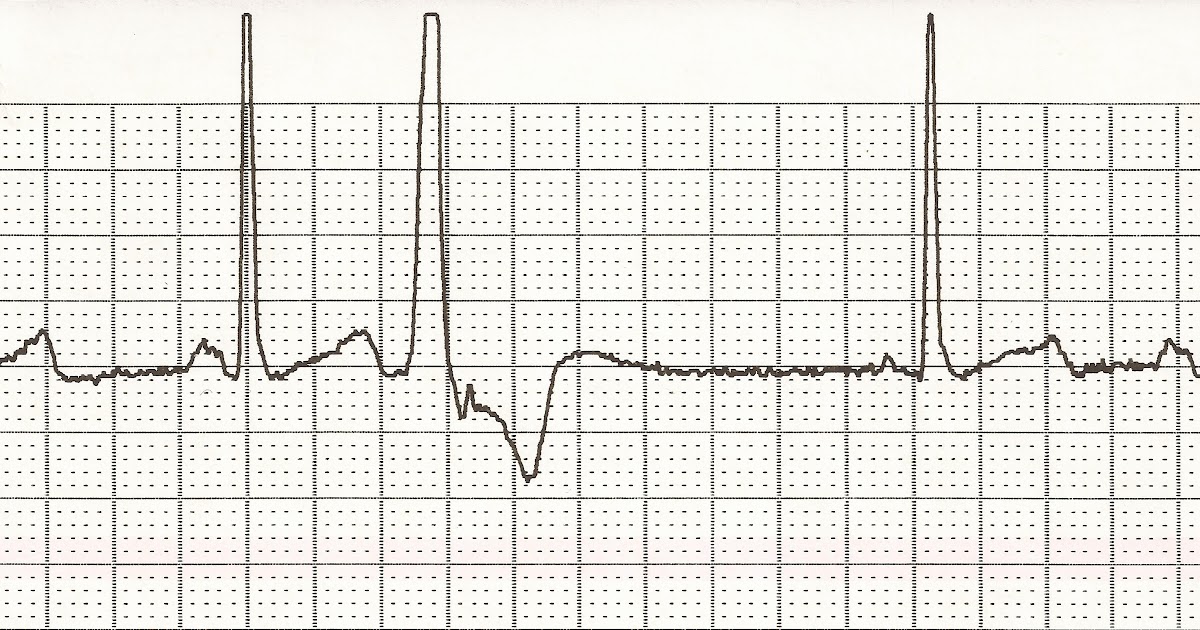

Psychosocial and cognitive multimorbidity and health-related quality of life and symptom burden in older adults with atrial fibrillation: The systematic assessment of geriatric elements in atrial fibrillation (SAGE-AF) cohort study. National Heart, Lung, and Blood Institute. WPW syndrome - ventricular preexcitation) that can be ruled in or out by carrying out tests including heart rhythm monitor, echocardiogram, exercise ECG or EP (electrophysiology) study. Some other heart conditions cause palpitations (e.g. SVT can be treated with medication, but the best treatment is catheter ablation in most people. SVT episodes are usually not dangerous but can be very unpleasant. Supraventricular tachycardia (SVT) is another type of arrhythmia with a fast and regular heart rate. Some people with atrial fibrillation need treatment with catheter ablation or pacemaker implantation. Atrial fibrillation usually requires anticoagulation (blood thinning medication), such as apixaban, edoxaban, rivaroxaban, dabigatran or warfarin, and medication to regulate the heart rate ( beta-blockers, diltiazem, digoxin and antiarrhythmics). It is an irregular and usually fast heartbeat that increases the risk of stroke and can lead to tiredness, breathlessness and dizziness.

The most common type of abnormal heart rhythm is atrial fibrillation (AF). ECG recorded outside the episodes of palpitations should be entirely normal. If ECG, recorded at the time of palpitations, shows arrhythmia, the patient will need to be referred to a cardiologist for further management and treatment. The first-line test is ECG (electrocardiogram) to assess the heart rate and rhythm. Arrhythmias (heart rhythm problems) - see belowĪn underlying cardiac problem is suspected if palpitations occur on exertion or are associated with other symptoms, such as chest tightness, breathlessness and blackouts.Dehydration and low blood pressure ( hypotension).Overactive thyroid (hyperthyroidism, thyrotoxicosis).Some medical conditions may cause palpitations: Such palpitations are usually temporary and self-limiting. Palpitations in women can be related to periods, pregnancy and menopause. Palpitations may be the side effects of some medicines like asthma inhaling agents (beta-mimetics) or drugs for thyroid problems (over substitution with levothyroxine). Cognitive behavioural therapy is also often used with success. Sometimes, medication such as non-selective beta-blockers (propranolol) or antidepressants is helpful. Doctors used to advise against drinking caffeinated drinks, including tea and coffee, but clinical trials didn't show any convincing evidence that normal consumption below 5 cups of coffee daily leads to palpitations. If palpitations are triggered by stress and anxiety, the obvious - but difficult - the solution is to change lifestyle to avoid stress. Adrenaline is a hormone and a neurotransmitter (transmits nerve signals). Palpitations can be triggered by stress, excitement or anxiety, when the activated sympathetic nervous system releases catecholamines, such as adrenaline, into circulation. The palpitations are just due to anxiety and increased awareness of the normal heartbeat. Often ECG, taken at the time of palpitations, shows a normal heart rhythm with no irregularities. This is usually due to ectopic beats, which occur to some extent in everybody and, in the absence of underlying structural heart problem, are benign. Palpitations can be very annoying and worrying, but there is no sinister underlying problem in most cases. Some people may observe clusters of dropped or skipped beats followed by a stronger beat. By palpitations, different people mean sometimes different things, but generally, it is an unpleasant awareness of the fast, forceful or irregular heartbeat.


 0 kommentar(er)
0 kommentar(er)
